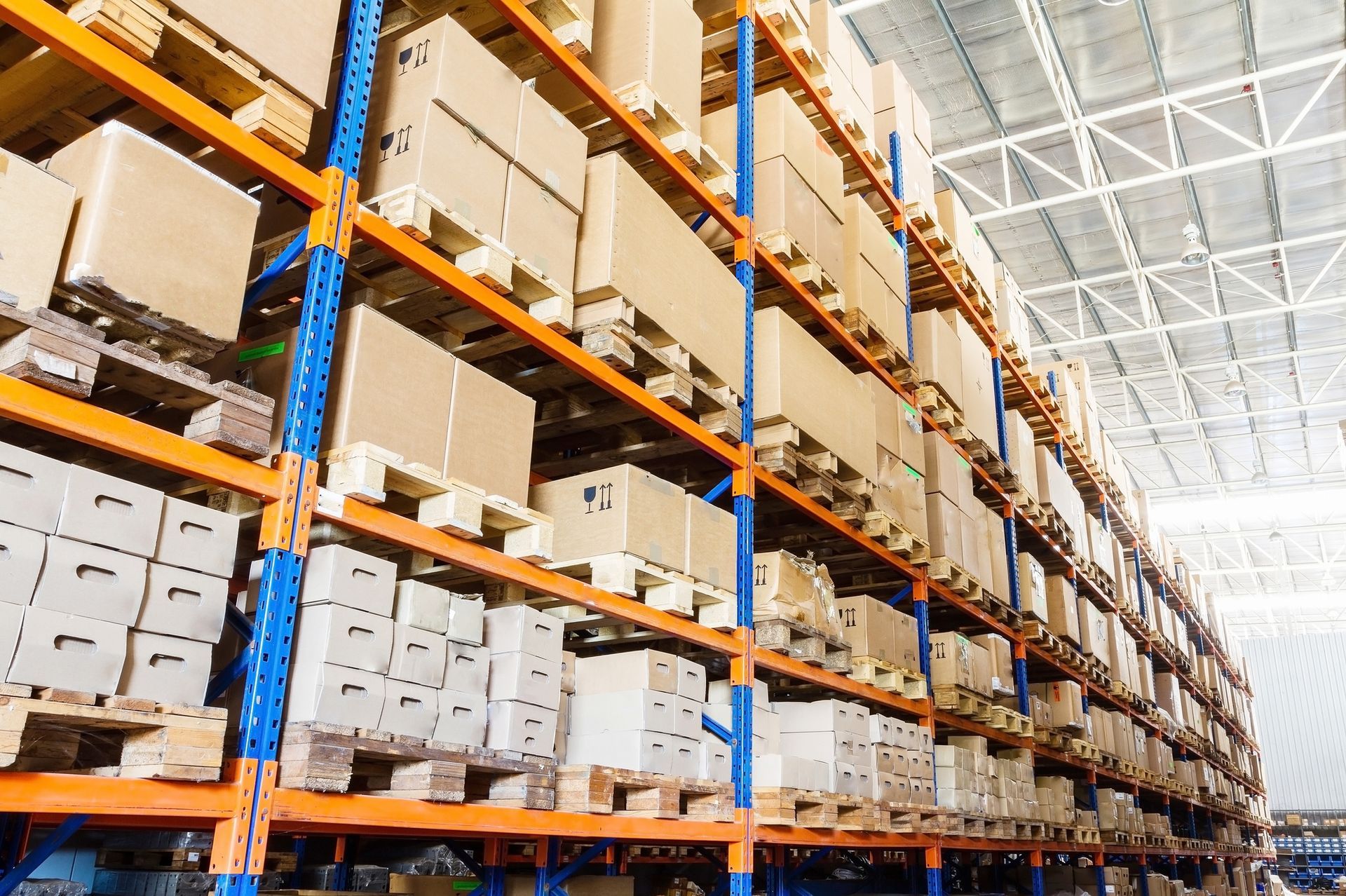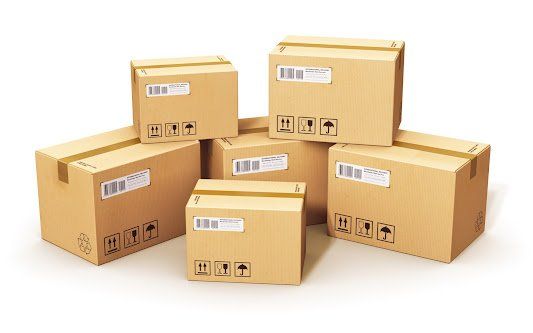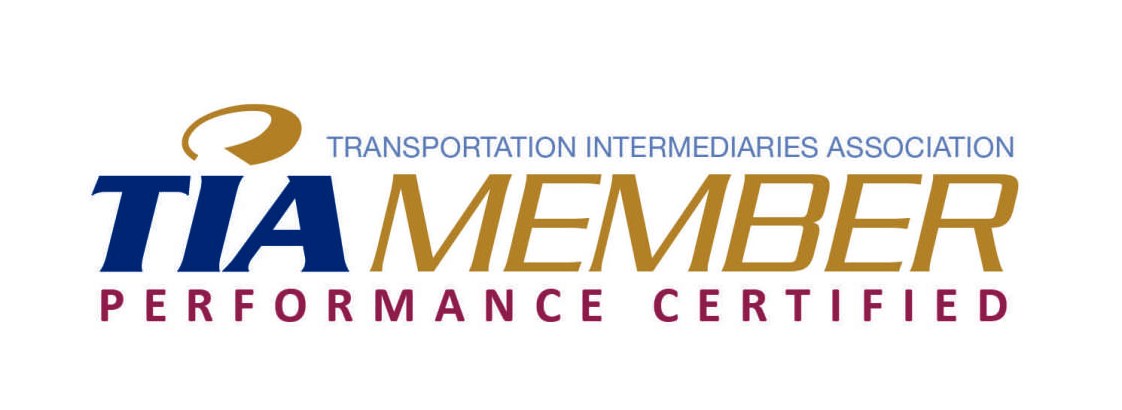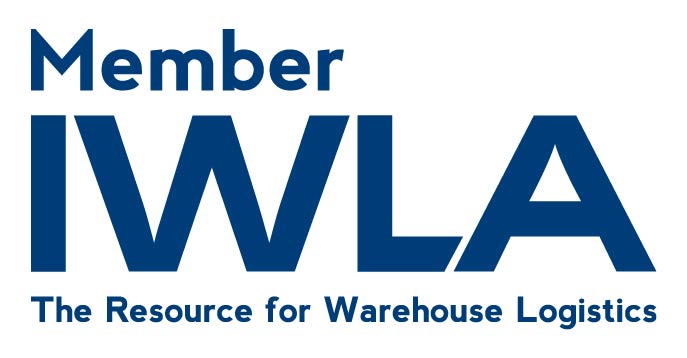Should You Ship FOB Shipping Point or FOB Destination?
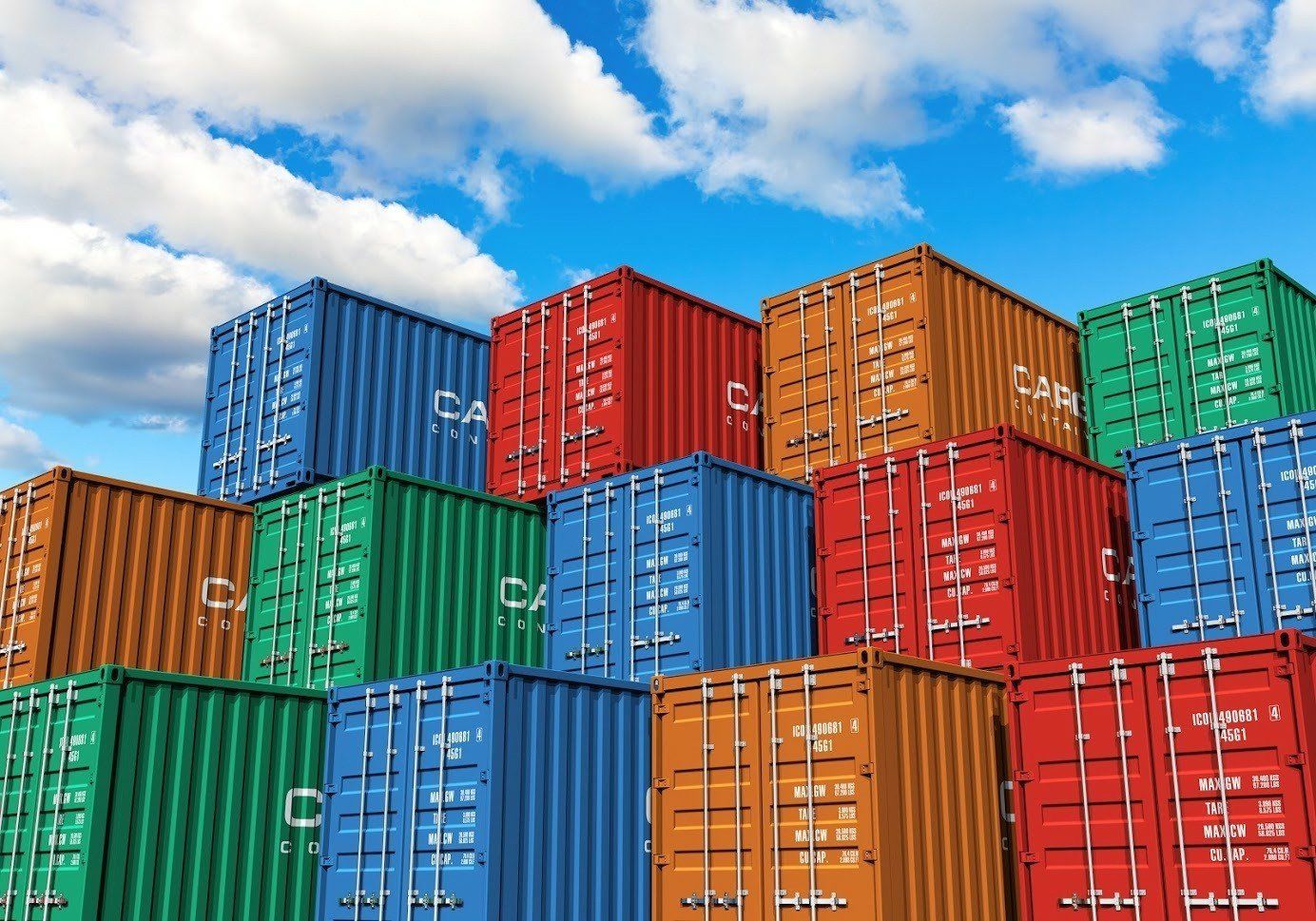
Should you ship or receive your goods free on board (FOB) shipping point or destination? The answer often depends on the particular circumstances of your materials transportation. In some cases, it may behoove you to transfer ownership of your shipment at a different point in the process. What factors can affect this choice? Here are five of the most important reasons to consider.
1. When You Want Control
The FOB designation on a bill of lading determines who has ownership of the goods while they are in transit. FOB shipping point, for instance, means that the title to these goods passes to the recipient the moment they leave the shipper's dock. FOB destination means it doesn't transfer until it is received.
Some companies prefer to have ownership of their materials throughout the process - either incoming or outgoing. They will handle all concerns and have their say in any decisions that must be made. If you are particular about your goods, such as a small business that needs to make a good reputation, you may want to retain that control.
2. How You Bill or Get Billed
Who gets billed for shipping and by whom depends on the FOB designation as well. Whichever party has ownership during transit will generally receive the carrier's (and other parties') bills for services rendered. It may be less expensive for you to be billed directly, as this prevents the other party from marking up shipping costs on your invoice.
However, if you negotiated shipping costs as part of the sales price, you may not want to get an additional bill. If you agreed to pay a specific dollar amount, the other party should retain ownership so that they receive and must pay the bill from the carrier. Incorrect FOB designations could increase your costs.
3. How Confident You Are in Packing
If your business did the packing and crating of goods, you may have great confidence in its safe arrival. But if you're receiving goods packed by a different shipper, you may not have the same assurances. By using FOB destination, the shipper would be responsible for the safe arrival of your goods. If anything happens in transit, they would have to replace or repair things - not you.
4. How You Want Inventory Adjusted
When legal ownership of a shipment changes hands, the goods also become part of someone else's inventory. Even though a shipment may not even be at your loading dock yet, FOB shipping point means that they are technically part of your inventory. If you are the shipper, they have left your inventory. Some companies, particularly at certain times of the year, may want to control this.
If you want your inventory to be larger or smaller on paper at the end of a quarter or year, this is one way to accomplish it. And if the goods are of particularly high value, they will also adjust your assets on financial statements, which may be of benefit in specific situations.
5. How Complex the Trip Is
Finally, how much trouble might occur during transit? Goods being moved across country borders, on ocean cargo ships, or during hazardous local conditions may be at higher risk of something going wrong. A local trip, on the other hand, is more likely to be hassle-free. Because the legal owner must deal with paperwork or accidents, you should consider carefully who you want to be on the hook.
Where to Learn More
Want to know more about the advantages and disadvantages of your choice in FBO designations? Start by consulting with an experienced logistics service who will help you weigh these and other factors. JBS Logistics has assisted businesses of all sizes and needs with all their transportation and logistics work for more than 35 years. Contact us today to get your questions answered.



